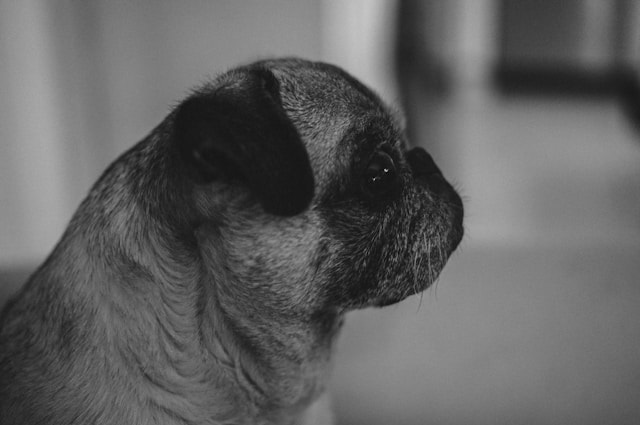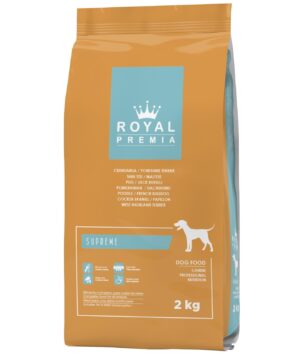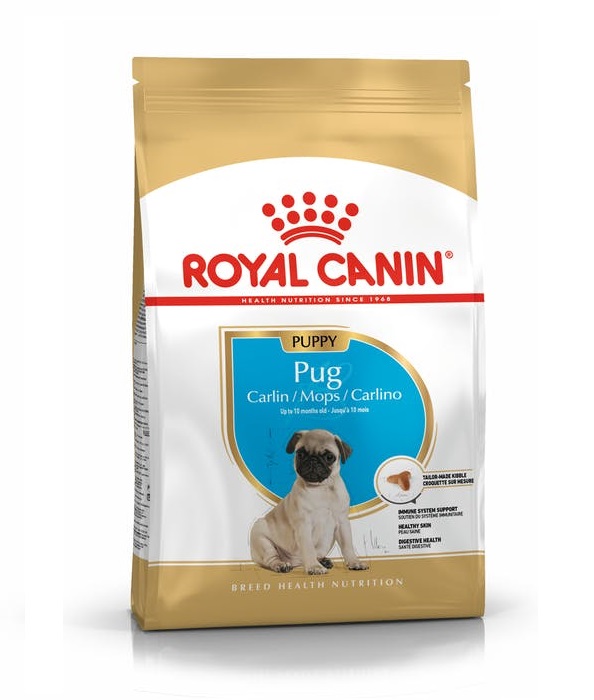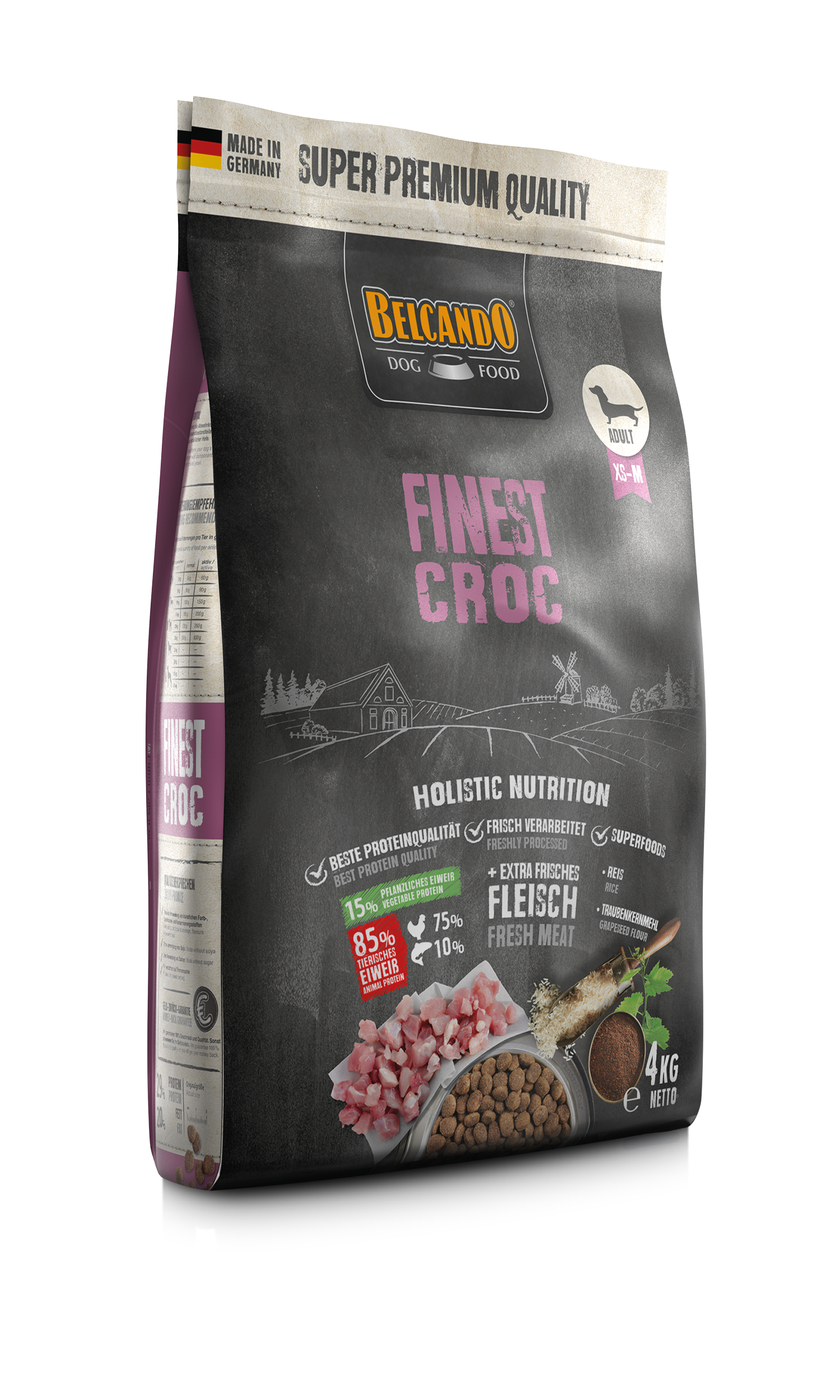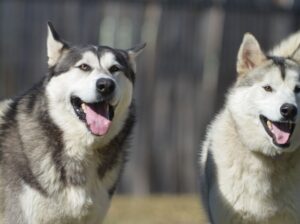Pugs are undoubtedly one of the cutest dog breeds around. With their adorable wrinkly faces and playful personalities, it’s no wonder they steal the hearts of many dog lovers. But did you know that their unique physical characteristics also require special attention when it comes to their diet? That’s right! Pugs have specific nutritional needs that should be met to keep them healthy and thriving.
So, if you’re a proud pug parent or considering adding one to your family, you’ll want to pay close attention to what goes into their food bowl. In this guide, we’ll explore everything you need to know about feeding your beloved pug, from choosing the right food to maintaining a balanced diet.
Understanding Your Pug’s Nutritional Needs:
Pugs may be small in size, but they have big appetites and unique dietary requirements. Here are some key nutritional needs to keep in mind:
- Protein: Pugs need a diet rich in high-quality protein to support their muscle development and overall health. Look for dog food that lists a quality protein source, such as chicken, turkey, or fish, as the main ingredient.
- Healthy Fats: Healthy fats, like omega-3 and omega-6 fatty acids, are essential for maintaining your pug’s skin and coat health. Foods containing sources of healthy fats, such as salmon oil or flaxseed, can help keep your pug’s coat shiny and skin moisturized.
- Limited Calories: Pugs are prone to obesity, so it’s crucial to monitor their calorie intake and avoid overfeeding. Choose a dog food formulated specifically for small breeds or weight management to help prevent excessive weight gain.
- Digestive Health: Pugs can be prone to digestive issues, such as flatulence and food sensitivities. Opt for dog food with easily digestible ingredients and consider probiotics to promote a healthy gut.
Choosing the Right Food for Your Pug:
When selecting a dog food for your pug, it’s essential to consider their age, activity level, and any specific health concerns they may have. Here are a few tips for choosing the right food:
- Consult with Your Veterinarian: Your veterinarian can provide personalized recommendations based on your pug’s individual needs and health status.
- Read the Ingredients List: Choose dog food made with high-quality ingredients.
- Monitor Your Pug’s Response: Keep an eye on your pug’s reaction to their food. If they experience any digestive upset or allergic reactions, consider switching to a different formula.
Maintaining a Balanced Diet:
Once you’ve selected the right food for your pug, it’s essential to establish a feeding routine and monitor their portion sizes. Here are some tips for maintaining a balanced diet:
- Follow Feeding Guidelines: Pay attention to the recommended feeding guidelines provided on the dog food packaging. Adjust portion sizes as needed based on your pug’s age, weight, and activity level.
- Avoid Table Scraps: While it may be tempting to share your meals with your pug, many human foods can be harmful to dogs. Stick to their regular dog food to prevent digestive upset or potential toxicity.
- Provide Fresh Water: Always ensure your pug has access to fresh, clean water throughout the day to stay hydrated.
- Monitor Weight and Body Condition: Regularly monitor your pug’s weight and body condition score to ensure they maintain a healthy weight. Adjust their diet and exercise routine as needed to prevent obesity or weight-related health issues.
By following these tips and providing your pug with a nutritious and balanced diet, you can help them live a long, happy, and healthy life. Remember, a well-fed pug is a happy pug!

